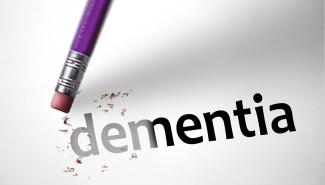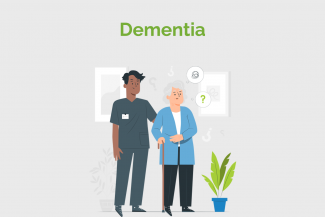
What tests do you need to do to assess if a person has Dementia:
Mini mental state examination (MMSE): This is a brief 30-point questionnaire test. It takes about 10 minutes and examines functions including arithmetic, memory and orientation.
Abbreviated mental test score (AMTS): This was introduced in 1972 to rapidly assess elderly patients for the possibility of dementia.
Modified Mini-Mental State Examination (3MS)
Cognitive Abilities Screening Instrument (CASI)
Informant Questionnaire on Cognitive Decline in the Elderly (IQCODE): This is another approach to screening for dementia. A relative or caregiver of the patient fills out a questionnaire about the person's everyday cognitive functioning
Laboratory and Imaging tests
• Routine blood tests are usually performed to rule out treatable causes. These tests include vitamin B12, folic acid, thyroid-stimulating hormone (TSH), C-reactive protein, full blood count, electrolytes, calcium, renal function and liver enzymes.
• A CT scan or magnetic resonance imaging (MRI scan) is commonly performed. These may suggest normal pressure hydrocephalus (NPH), a type of brain malfunction caused by decreased absorption of cerebrospinal fluid that causes increase in the intracranial pressure), a potentially reversible cause of dementia. It can also yield information relevant for other types of dementia, such as infarction (stroke) that would point at a vascular type of dementia








